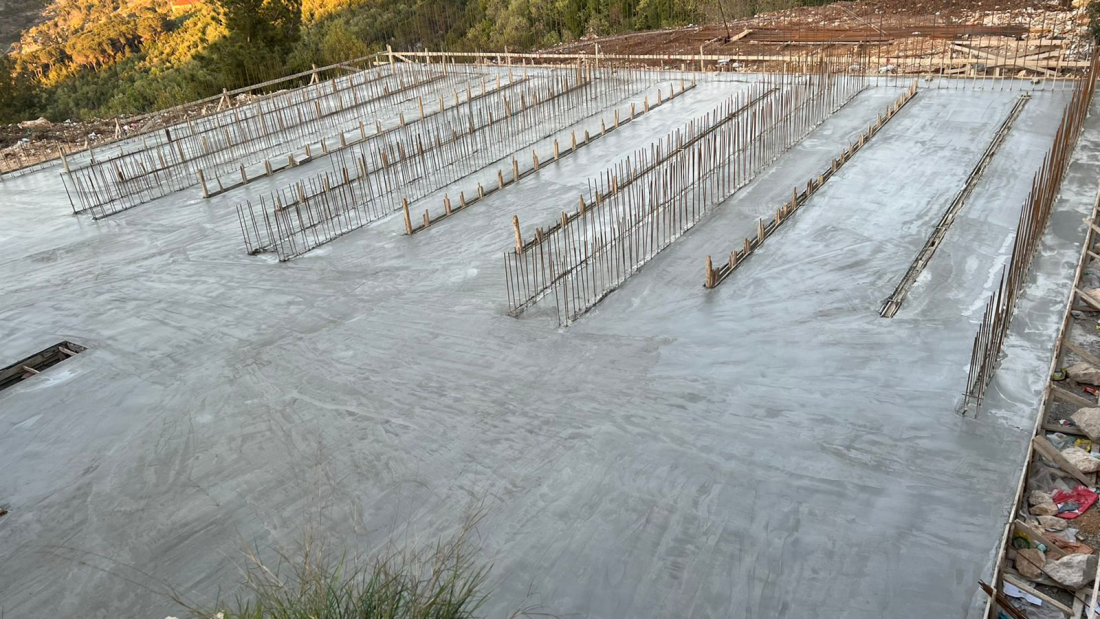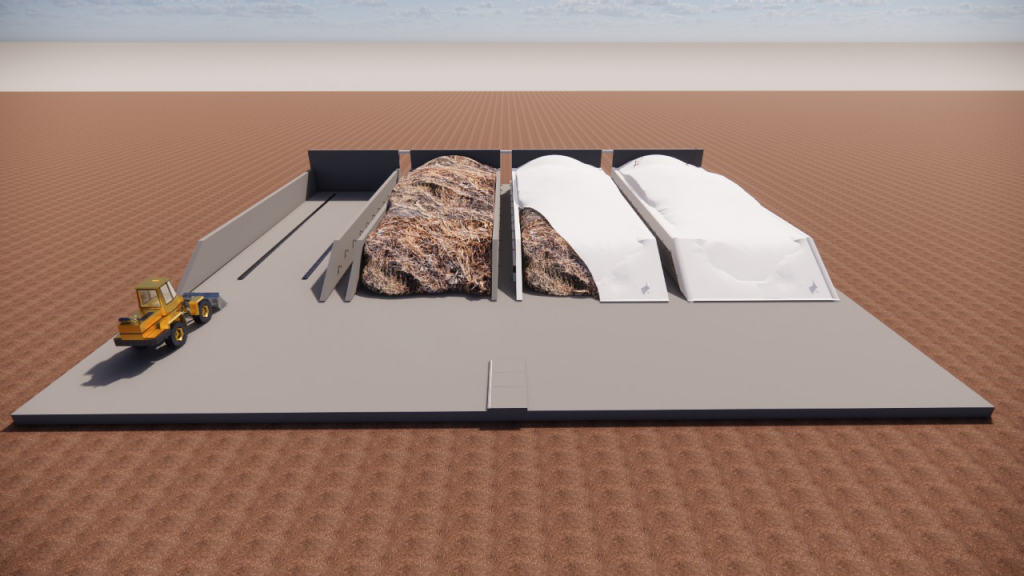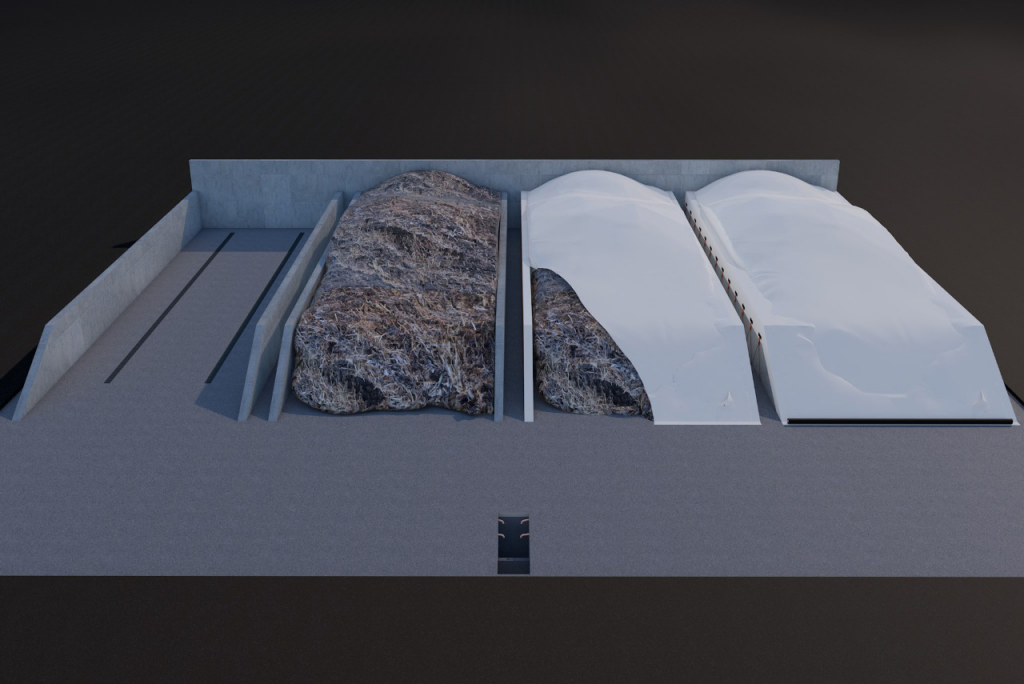CLIMA provides a solution to the management of organic waste for the 6,000 citizens of Bickfaya, Lebanon

At the beginning of May the installation of a special membrane for composting in the municipality of Bickfaya, in the framework of the CLIMA project, will be completed. The composting membrane will provide a solution to the organic waste the 6,000 citizens of Bickfaya and the 4 surrounding villages generate and will facilitate the production of up to 450 tons per year of good fertiliser to sell on the market.
«The membrane is the last step for a complete solution to the waste problem in our municipality»
«The municipality in fact, already at the forefront of waste sorting in Lebanon, has an independent waste management centre and a functional door-to-door approach to waste collection. For organic waste, however, it lacked direct and adequate management. After the 2015 garbage crisis, citizens were willing to do anything to get rid of the trash - says the mayor -. Our answer was to raise awareness about recycling. Since then, our municipality has been one of the few to find a suitable solution to the garbage problem. Now, thanks to the European Union and the CLIMA project, we are one of the few municipalities in Lebanon to also treat organic waste, usually managed by private companies that have stopped working during the crisis. Without the project it would not have been possible to have this kind of technology in our municipality».

Given the lack of such technology on the Lebanese market an international call for tenders was launched on July 2021 by the CLIMA project partners. The multi-level crisis that has been going on since 2019 in the country, and the constraints in transferring funds abroad has delayed the purchase of the membrane, which required a project variation.
Eventually, all the membrane materials were purchased and cleared through customs in Lebanon on 14 March 2022. The civil works are nearing completion. and the membrane will then be installed.
The three layers’ membranes will allow a high breathability for vapour and retention of odours, dust and germs while preventing rainwater penetration. The bacteria in the compost decompose organic matter, maintaining a temperature of 55° with a humidity level of 60% in the initial phase. The bacteria feed on the organic waste, they release heat and warm the compost, which, at this temperature is sterilised and sanitised. Depending on the quality of the compost, the fertiliser generated will be used for the surroundings agricultural lands or for forestry purposes.
The new established compost site will allow the municipality to reduce its landfilling pollution impact, while creating a cost recovery system through the sale of compost. Nevertheless, the effectiveness of the system will be challenged by the problems that Lebanon is facing nowadays. In 2021, the lack of petrol due to the fuel crisis has not always afforded the team of experts to travel and reach the site. More recently, the continuous lack of electricity, could not allow the blowers, pumps and sensors to operate and to ensure proper monitoring and implementation of the system.

«A solution to this problem could be the installation of solar panels to generate energy - addsthe mayor of Bikfaya, - having said that, we are not discouraged, we have never worked in an easy environment».









